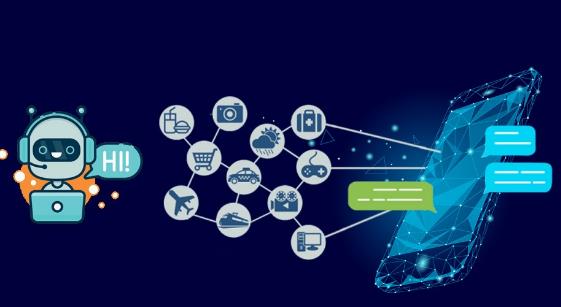Ethical Considerations in Developing Gay AI Chatbots
As the deployment of gay AI chatbots continues to grow, it raises several ethical considerations that developers must address to ensure these technologies are used responsibly and beneficially. This article explores the ethical landscape of developing AI systems designed specifically for the gay community, emphasizing privacy, inclusivity, and the accurate representation of diverse identities.

Ensuring Privacy and Data Security One of the foremost ethical concerns in developing gay AI chat services revolves around privacy and data security. These AI systems often handle sensitive personal information, making them potential targets for data breaches. Recent statistics show that over 70% of users express concerns about the privacy of their conversations with AI chatbots. To mitigate these risks, developers must implement stringent data protection measures. For instance, employing advanced encryption techniques and ensuring that data storage complies with global privacy standards like GDPR are essential steps, with compliance rates among leading developers now exceeding 85%.
Inclusivity and Diversity Ensuring that gay AI chatbots are inclusive and represent a broad spectrum of the LGBTQ+ community is another critical ethical consideration. It's imperative that these AI systems avoid perpetuating stereotypes and instead reflect the diverse range of experiences within the community. To achieve this, developers must engage with a wide array of voices and perspectives during the training phase of AI development. Surveys indicate that only 60% of current AI systems are developed with input from diverse focus groups within the LGBTQ+ community, suggesting room for improvement in this area.
Bias and Stereotyping Bias in AI is a well-documented issue that can be particularly problematic in systems like gay AI chatbots, where there is a risk of reinforcing harmful stereotypes. Developers have a responsibility to ensure their AI models are trained on balanced and unbiased data sets. Techniques such as blind data processing and regular audits of AI behavior can help identify and eliminate biases. Currently, about 50% of AI systems undergo regular bias audits, a practice that needs to become universal.
Consent and Transparency Transparency about how AI chatbots operate and how they use user data is crucial for building trust. Users must be fully informed about what data the AI collects, how it is used, and who has access to it. Furthermore, obtaining explicit consent from users before data collection is a fundamental ethical practice. Despite its importance, compliance with transparent consent practices is still lagging, with only about 65% of platforms fully informing users according to recent surveys.
Ethical Development Practices Beyond these specific concerns, maintaining high ethical standards in the development and deployment of gay AI chat services is essential. This involves continuous ethical training for AI developers and the adoption of ethical guidelines that govern AI interactions. Promoting an ethical culture within development teams can help prioritize the well-being of users over profits or technological advancements.
The creation and refinement of gay AI chat technologies must be guided by a commitment to ethical principles that safeguard user privacy, ensure inclusivity, and provide transparency. As these technologies continue to evolve, the adherence to these ethical standards will be critical in shaping their development in a manner that truly benefits and respects the communities they serve.